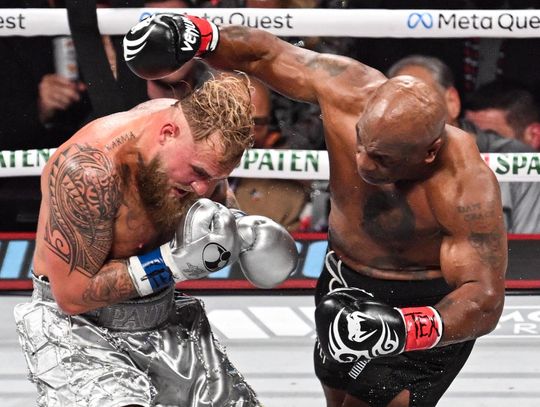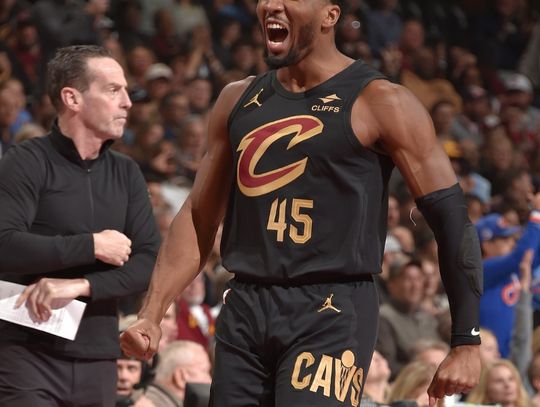The FTC’s Contact Lens Rule makes it easier to comparison shop – which can help you save money. You see (no pun, intended), the Rule gives you the right to get your prescription from your eye doctor – whether you ask for it or not – at no extra charge. You can use the prescription to buy contacts wherever they are sold – from an eye doctor, from a store, or online. Cost and quality can vary a lot from seller to seller, so it pays to shop around for the best deal.
Timing is everything. The doctor must give you your contact lens prescription when your fitting is complete. A fitting may require more than one appointment. If the doctor is ready to sell you contacts, the fitting is complete. The doctor can’t require you to pay an extra fee, buy eyeglasses or contact lenses, or sign a waiver or form in exchange for your prescription.
If you suspect an eye doctor is violating the Contact Lens Rule, you can report that online at ftc.gov/complaint. FTC attorneys and investigators – and hundreds of other law enforcement agencies – use consumer complaints to bring cases against companies and people that violate the law.
In fact, the FTC recently sent letters warning contact lens prescribers and sellers about potential violations of the Contact Lens Rule. Violations of the Rule could result in legal action and financial penalties.
For a more in-depth look at your prescription rights for contacts – and glasses – read our newly updated article, Prescription Glasses and Contact Lenses. It includes a list of what you should see in your prescription
by Colleen Tressler
Consumer Education Specialist, FTC
Prescription Glasses and Contact Lenses
Buying Cosmetic Contact Lenses?
The FTC enforces the Eyeglass Rule and Contact Lens Rule, which give you the right to get a prescription from your eye doctor – whether you ask for it or not – at no extra charge. That allows you to shop around and look for the best deal.
What are my rights under the FTC’s Eyeglass and Contact Lens Rules?
If you get a fitting for glasses or contact lenses, the eye doctor must give you a copy of your prescription – whether you ask for it or not. It’s the law. The doctor can’t require you to pay an extra fee, buy eyeglasses or contact lenses, or sign a waiver or form.
Why would I want my prescription for glasses or contacts?
You have a choice. You don’t have to buy glasses or contacts from your eye doctor. You can use the prescription to buy glasses or contacts wherever they are sold – from an eye doctor, from a store, or online. Cost, quality and styles can vary a lot from seller to seller.
When should I get the prescription?
The doctor must give you your prescription for glasses at the end of your eye exam.
The doctor must give you your contact lens prescription when your fitting is complete. A fitting may require more than one appointment. If the doctor is ready to sell you contacts, the fitting is complete.
What’s in the prescription?
Here’s what you should see in the prescription:
Your name
The date of your exam
When your prescription was issued, and when it expires
The name, postal address, phone number, and fax number of the eye care prescriber
For contacts, you also should see:
The power, material and/or manufacturer of the prescribed lens
The base curve or appropriate designation of the lens
The diameter of the lens, when appropriate
If you’re prescribed private label contact lenses, the prescription should include the name of the manufacturer, the brand name, and the equivalent brand name, if that applies.
The information required in a prescription for glasses is determined by state law.
Your eye doctor may provide your pupillary distance – the distance between your pupils. If you want to buy glasses online, you need that measurement. Many doctors don’t charge for the pupillary distance measurement. If your doctor charges for it, some online sellers will refund the cost.
The doctor’s office says they can’t release my prescription because of the Health Insurance Portability and Accountability Act. Is that right?
No. HIPAA does not prohibit the release of a glasses or contact lens prescription to a patient.
Can the doctor make me pay for the exam or fitting before providing my prescription?
The doctor can, and probably will, charge for the eye exam or contact lens fitting. However, the only way the eye doctor’s office can require you to pay for the eye exam, contact lens fitting, or evaluation before giving you a copy of your prescription is if they require immediate payment from all eye exam patients.
Using Your Prescription
What should I do with the prescription once I have it?
If you want to buy glasses or contacts from someone other than your eye doctor, the seller will need a copy of the prescription to fill your order.
If you don’t provide your prescription to the seller yourself, the seller has to verify it with your eye doctor. In that situation, you can save time by giving the seller certain information – for example, the type of lenses, their manufacturer, power, base curve, and diameter.
If you’re not buying glasses or contacts soon, keep a copy of the prescription in a safe and convenient place, maybe with your medical records. Or you can save a picture of it on your phone or computer. You want to be able to find it if you need to order glasses or contacts quickly.
I just want cosmetic contact lenses. Do I need a prescription?
Yes. All contact lenses – even ones just meant to change your appearance – require a prescription.
Rule Violations and Where to Complain
What should I do if my eye doctor won’t give me a prescription, charges me for it, or won’t provide it unless I sign a form?
If you suspect an eye doctor is violating the Eyeglass Rule or the Contact Lens Rule, you can report that online at ftc.gov/complaint. FTC attorneys and investigators – and hundreds of other law enforcement agencies – use consumer complaints to bring cases against companies and people that violate the law.
Your Eye Health
How long is my prescription good?
Prescription length for eyeglasses and contact lenses is determined by state law. As a general rule, a contact lens prescription should be good for at least a year, unless your doctor has a medical reason for making it shorter. Eyeglass prescriptions often are good for a year or two, but state laws vary.
Your eye health changes over time, so it’s important to have regular exams. Do not try to purchase glasses or contact lenses with an expired prescription.
The Centers for Disease Control and Prevention have good advice about healthy contact lens wear.
(FTC)
Photo: EPA/Narendra Shrestha
Reklama










